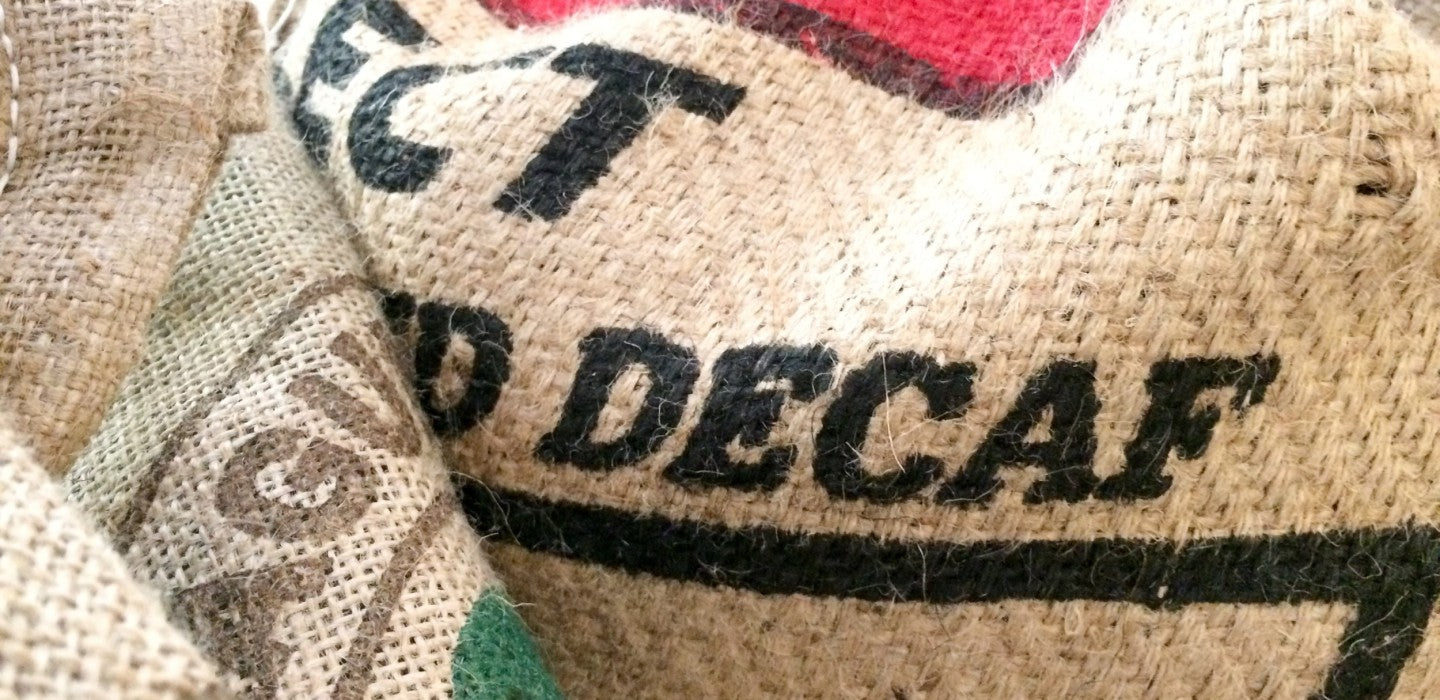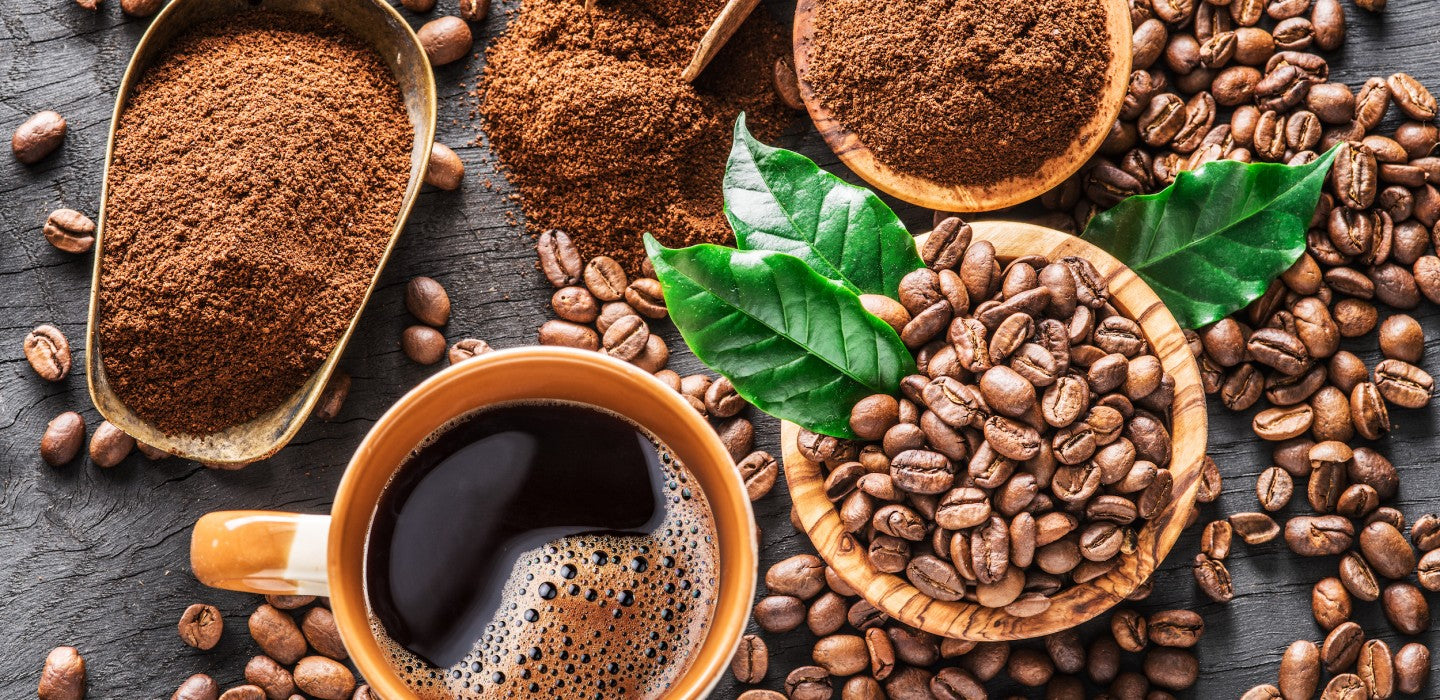Decaffeinated Coffee
Is every sip of your delightful brew keeping you awake? We have all been there. Luckily, coffee offers a more comfortable and sleep-friendly alternative - decaffeinated coffee. Your favorite comforting hot drink that lets you savor the rich coffee flavor, minus the jittery aftereffects of caffeine. Let us embark on a to uncover the secrets and unravel the truth about decaffeinated coffee.
What is Decaffeinated Coffee?
Decaffeinated coffee comes from the regular coffee beans, which are processed to extract almost all caffeine. Although it's called "decaffeinated," it still contains a minuscule amount of caffeine. However, as per EU regulations, decaffeinated coffee can contain no more than 0.1% caffeine residual amount.
Decaffeination - The Process Behind Decaffeinated Coffee
The decaffeination process begins with the green, unroasted coffee beans. The beans, typically having <12% moisture, undergo steam treatment causing them to swell, making the caffeine extraction easier.
The caffeine is then dissolved using suitable solvents. As only a small portion of caffeine can be extracted at a time, this process is repeated several times. Once the remaining caffeine amount drops beyond the threshold 0.1% mark, the solvents are removed.
The beans are then dried back to their original moisture level, making them ready for roasting. This particular method ensures that the coffee beans retain their genuine taste and aroma of coffee to deliver a rich flavor despite the absence of caffeine.
The History of Decaffeination
The inception of decaffeination dates back to 1903 when Ludwig Roselius, a German coffee trader, linked his father's death to excessive coffee consumption. This led him to devise a method that involved soaking the whole beans in saltwater and then extracting the caffeine using benzene. Known as the "Roselius method," it is not in use today to the carcinogenic properties of benzene.
Today, a highly selective solvent for caffeine, ethyl acetate, is often used in the decaffeination process. Ethyl acetate, a naturally occurring fruit acetate, is also employed as a flavoring in the confectionery industry. Moreover, it is a part of the aroma of unroasted green coffee.
Ethyl acetate, in its purest form for decaffeination, ensures the preservation of other crucial coffee compounds, including lipids. After an elaborate downstream processing, it is assured that no significant residue of ethyl acetate remains in the final product. Ethyl acetate poses little to no health concerns, evident from the absence of a legal limit for its presence in roasted coffee.
Does Decaffeinated Coffee Affect Alertness?
Decaffeinated coffee does contain a small amount of remaining caffeine that could potentially affect the central nervous system. However, this effect is insignificant and nowhere near the impact regular coffee with natural caffeine content has. The caffeine content in 10 to 20 cups of decaffeinated coffee matches that of a cup of regular coffee.
Is Decaffeinated Coffee Healthier?
There is a common misconception that decaffeinated coffee is healthier than regular coffee. The reality, however, is different. People generally opt for decaffeinated coffee not for health reasons but due to their lower tolerance to caffeine, particularly at specific times of the day.
The European Food Safety Authority, EFSA, in 2015, evaluated the overall health effects of caffeine, the primary active component in coffee. The authority a daily total intake of less than 400 mg and a single portion of less than 200 mg of caffeine as harmless for non-pregnant adults. This health guideline is not the upper limit but provides a reference.
A cup of coffee (150 ml) contains 50-100 mg of caffeine, indicating that consuming four cups of coffee daily is harmless. However, the caffeine tolerance varies among individuals. For instance, a significant portion of the population in many EU countries, including Germany, Austria, and Switzerland, habitually consume more than four cups of coffee per day.
In conclusion, decaffeinated coffee offers a caffeine-free alternative for coffee enthusiasts who can't-or prefer not-to have caffeine. Whether you're sensitive to caffeine, trying to cut back, or just want a coffee alternative for late night, decaffeinated coffee is indeed an excellent choice to consider.



Leave a comment
This site is protected by hCaptcha and the hCaptcha Privacy Policy and Terms of Service apply.